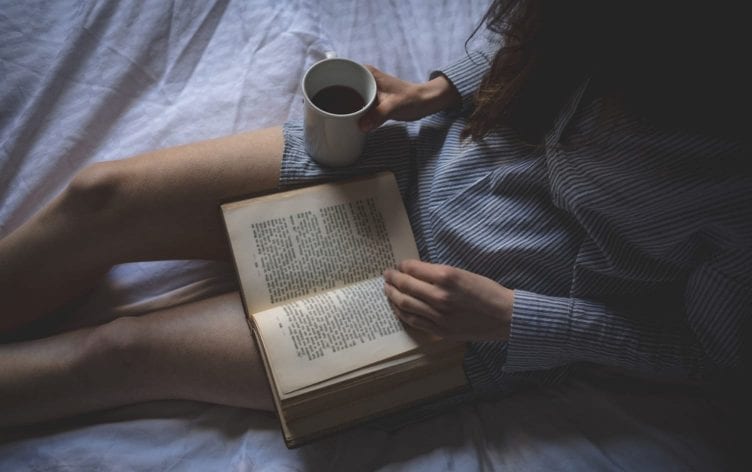
Do Sleep Drinks Actually Help You Sleep Better?
Getting good shuteye is one of the most important things you can do for your health. While establishing a nighttime routine that promotes restful sleep — or, more specifically, going to bed at the same time every night — is probably the best thing you can do to improve your sleep quality, for a lot of people, that’s easier said than done.
“Restful, restorative sleep evades many of us because our bodies aren’t designed to function
optimally in relation to our modern lives,” explains Kellie Blake, a registered dietitian. Perhaps that’s why “sleep drinks” like NeuroSleep, Vital Proteins’ Sleep Collagen Shot and Som Sleep are popping up as a quick fix for better sleep.
THE REASON FOR THE TREND
The popularity of these pricey drinks makes sense. “Disturbed sleep is an epidemic, and people are desperately seeking a remedy,” says Dr. Anil Rama, adjunct clinical faculty member at the Stanford Center for Sleep Sciences and Medicine and medical director and founder of Kaiser Permanente’s tertiary sleep medicine laboratory.
Blake agrees, noting people are making the connection that nutrition plays a vital role in sleep quality and are looking for simple, convenient ways to implement that. But will these drinks actually get you closer to a restful night?
DO THE DRINKS WORK?
Sleep and nutrition experts have their doubts.
“Many of these sleep drinks contain various amounts and combinations of melatonin, magnesium, GABA, L-Theanine, vitamin B6 and 5-HTP,” Dr. Rama says. These are all known sleep aids, with melatonin being the most well-established and researched. Some of the others, like L-Theanine and 5-HTP are more controversial because of potential side effects such as nausea and disputed sleep benefits.
But even melatonin may not have the desired effect when consumed in this type of drink: “The safest dosage of melatonin is 300 mcg, which is the amount one’s body naturally makes, taken at sunset, which is when the body naturally produces melatonin,” Dr. Rama says. These drinks can often contain 10 times that amount (or more) and are not necessarily consumed at the optimal time, he points out. That means it’s unlikely to have the desired effect.
The bottom line? “While some of these drinks do contain ingredients that might theoretically be helpful for sleep, there is no magic combination that will work to improve sleep significantly. A sleep drink alone will not correct the underlying cause of poor sleep. Simple nutrition and lifestyle-related changes can improve the quality of your sleep,” Blake says.
THE BEST USE CASE
If you decide to try a sleep drink, you should treat it the way you’d treat any other supplement you take Blake says. “Dietary supplements must be investigated closely to determine quality and safety. When choosing these products, look for third-party certifications and determine if every batch of product is tested for quality and safety. In addition, take into consideration any medications you may be taking that may be affected by the contents of the drink.”
DIY SLEEP DRINKS
There may be something to be said for the placebo effect here, since drinking something that is supposed to induce sleep may make you feel sleepier. But for a more cost-effective option, Blake recommends relaxing with a hot cup of caffeine-free tea. “My favorite sleep-promoting teas to recommend include chamomile, passionflower, lavender, valerian root and mint,” she says.
A sleep smoothie 1–2 hours before bed is also an option, Blake notes. Her go-to recipe contains cherries and banana, which help to boost naturally occurring melatonin.
Sleep Smoothie Recipe
Ingredients
- 1 cup (250ml) coconut milk
- 1/2 cup (125ml) cold chamomile tea
- 1/2 cup (115g) frozen cherries
- 1/2 frozen banana
- 1 teaspoon honey
Directions
Place all ingredients in a blender and process until smooth.







































